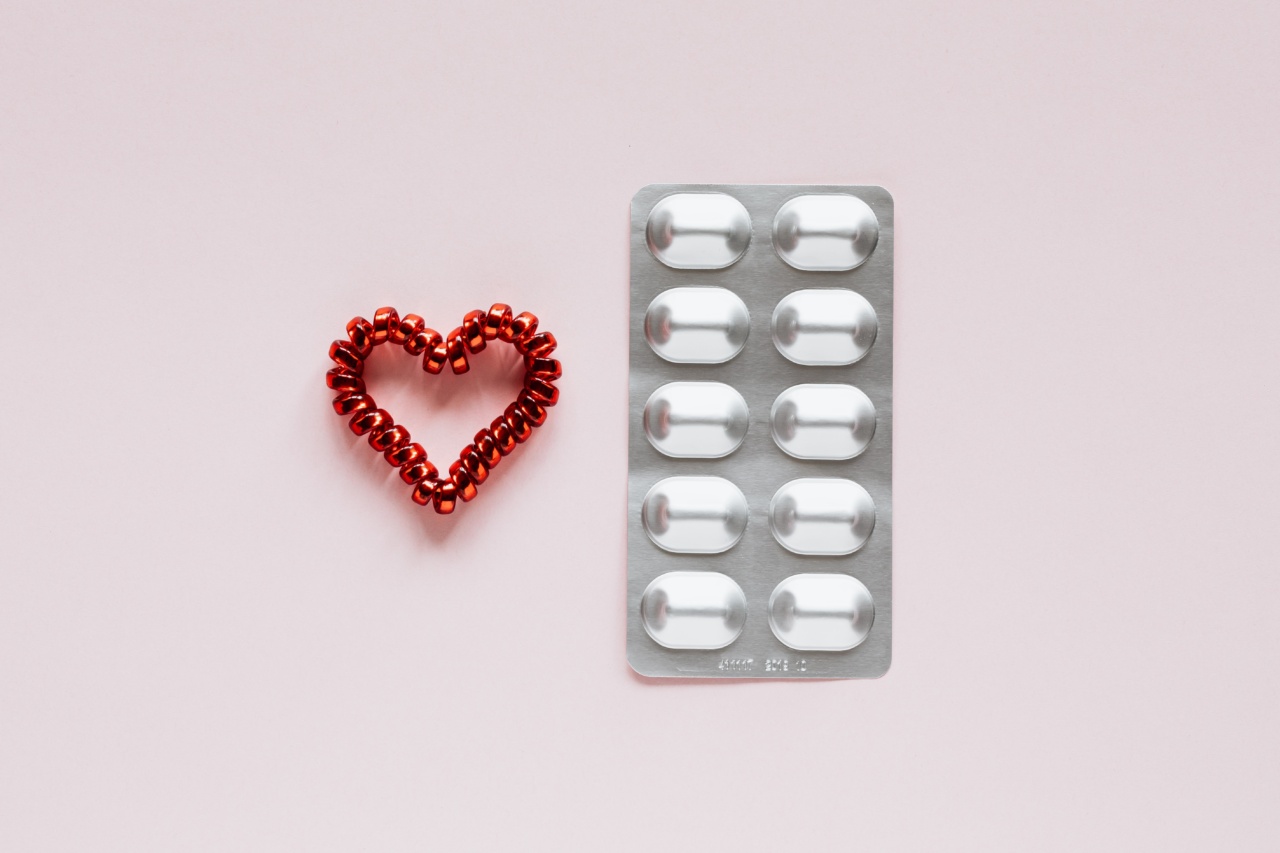Anti-cancer drugs, also known as chemotherapy drugs, are designed to kill cancer cells. However, recent studies have found that some of these drugs can also provide protection to the heart.
This is a significant finding for cancer patients who are at risk of developing heart problems due to their treatment. In this article, we will explore the dual role of anti-cancer drugs in protecting the heart.
What is Chemotherapy?
Before we delve into the dual role of anti-cancer drugs in protecting the heart, let’s first understand what chemotherapy is. Chemotherapy is a type of cancer treatment that involves the use of drugs to kill cancer cells.
These drugs can be administered orally or intravenously. Chemotherapy targets rapidly dividing cells in the body, which includes cancer cells.
Common Side Effects of Chemotherapy
While chemotherapy can be an effective treatment for cancer, it comes with several side effects. Some of the most common side effects of chemotherapy include:.
- Nausea and vomiting
- Hair loss
- Fatigue
- Decreased immunity
- Decreased appetite
These side effects can make it difficult for patients to manage their cancer treatment. However, there may be a silver lining when it comes to the heart.
The Dual Role of Anti-Cancer Drugs in Protecting the Heart
Recent studies have found that some anti-cancer drugs can also protect the heart. One such drug is dexrazoxane. Dexrazoxane is a drug that is often used to treat breast cancer.
It works by protecting the heart from the harmful effects of chemotherapy drugs.
Chemotherapy drugs can cause damage to the heart, which can lead to heart failure. Dexrazoxane helps to prevent this damage by blocking the formation of free radicals.
Free radicals are highly reactive molecules that can damage cells, including heart cells.
In addition to dexrazoxane, other drugs have also been found to have a dual role in protecting the heart. For example, anthracyclines are a type of chemotherapy drug that can cause heart damage.
However, studies have found that the drug lisinopril, which is used to treat high blood pressure, can help to prevent this damage.
Benefits of Anti-Cancer Drugs in Protecting the Heart
The dual role of anti-cancer drugs in protecting the heart has several benefits for cancer patients. First, it can help to reduce the risk of heart failure caused by chemotherapy drugs.
This is especially important for patients who are at high risk of developing heart problems.
Second, it can help to improve the effectiveness of chemotherapy treatment. When the heart is healthy, it is better able to tolerate the effects of chemotherapy drugs.
This means that patients may be able to receive higher doses of chemotherapy, which can lead to better outcomes.
Conclusion
The dual role of anti-cancer drugs in protecting the heart is an exciting discovery for cancer patients.
By protecting the heart from the harmful effects of chemotherapy drugs, these drugs can help to reduce the risk of heart failure and improve the effectiveness of treatment. It is important for healthcare providers to consider the potential benefits of these drugs when developing treatment plans for cancer patients.
























